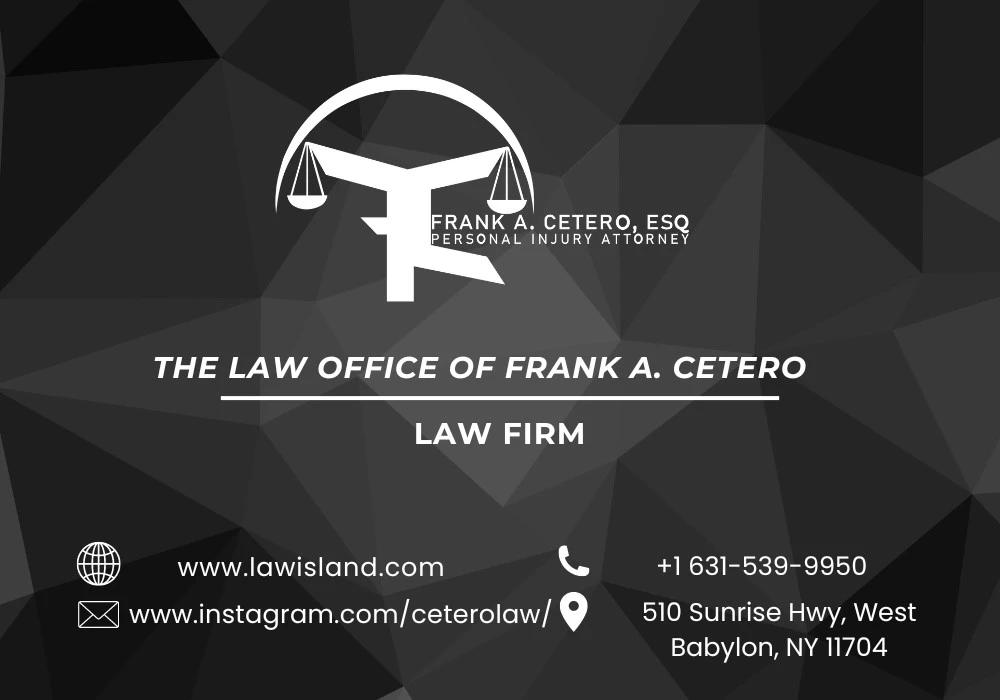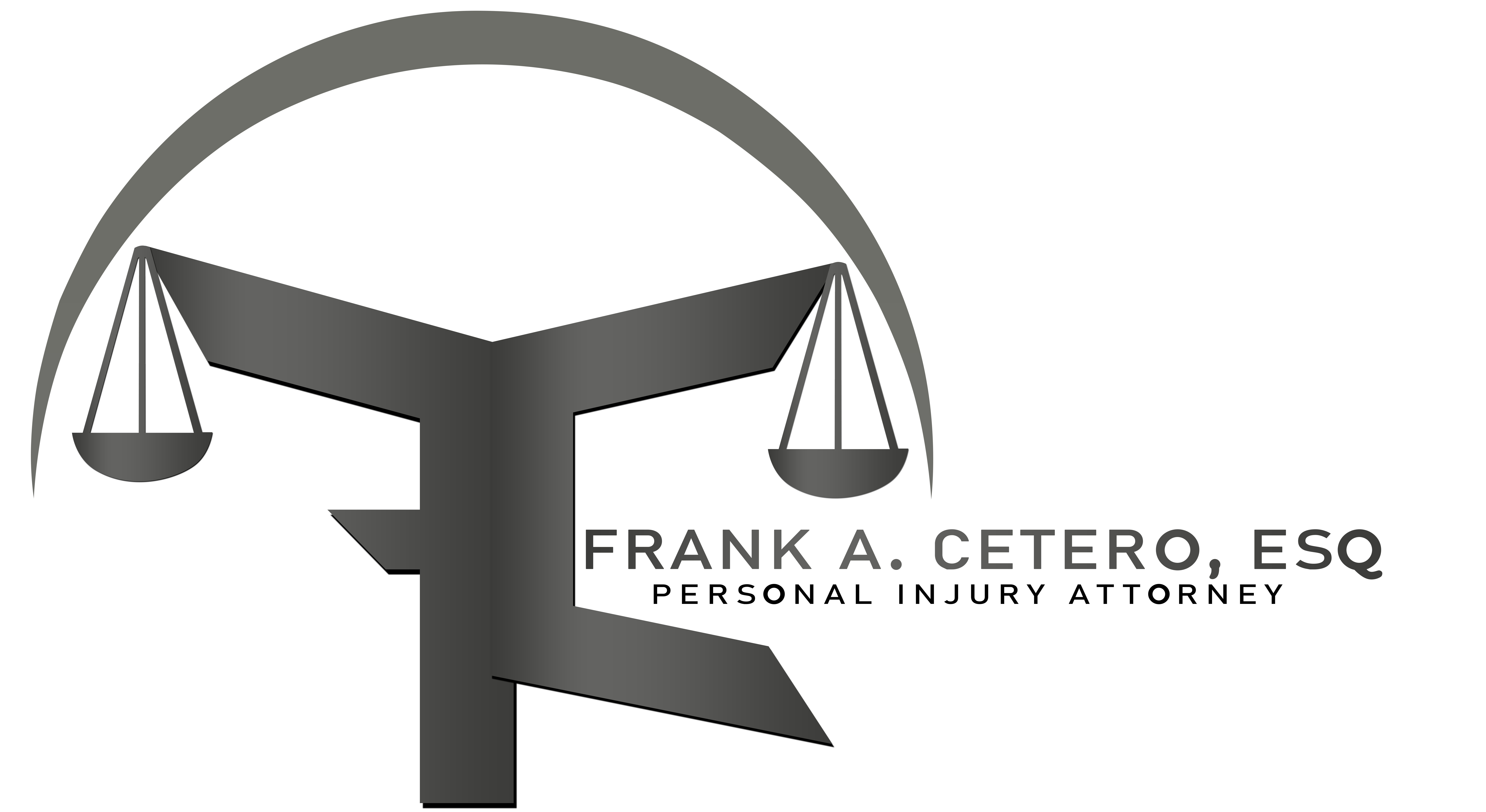What will happen to your loved ones if you’re no longer around? Choosing between a will and a trust can secure their future.
Estate planning is essential for securing your legacy and protecting the future of your loved ones. Understanding the difference between a will and a trust is key to smart planning. Choosing the right option affects how your assets are handled after you pass away.
You want to know the difference between will and trust. A will specifies your wishes after death, while a trust manages your assets during your lifetime and beyond. Each option serves a unique purpose in managing your estate, impacting how your assets are distributed.
What Are Will and Trust?
Wills and trusts are essential legal documents that help you manage your assets. Understanding their roles is crucial for effective estate planning.
Wills are essential legal documents that specify how you want your assets distributed after death. This straightforward legal arrangement specifies your wishes regarding property, finances, and minor children. Creating a will ensures your loved ones receive their designated shares and reduces confusion.
A will also appoint an executor to manage your estate, guiding it through the probate process. Without a will, state laws will dictate asset distribution, which may not align with your wishes. This is especially crucial for families with minor children, as a will can designate guardians to care for them.
Trusts are powerful tools for managing your assets during your lifetime and beyond. A trust allows you to transfer property while designating beneficiaries for your assets. This legal instrument can help you avoid probate, ensuring a smoother transition for your loved ones.
There are different types of trusts, such as revocable and irrevocable trusts. Setting up a trust can help protect your estate from estate taxes and maintain privacy for your family’s financial matters.
What Is the Difference Between a Will and a Trust?
The difference between will and trust lies in their functions and timing. Each serves specific purposes in estate planning.
Key Differences in Function
The difference between will and trust starts with their functions. A will takes effect only after your death, while a trust can be active during your lifetime. Understanding these roles is vital for effective estate planning.
- Will: Specifies asset distribution after death.
- Trust: Manages assets during life and after death.
Privacy Implications
Another key distinction is privacy. A will becomes a public record during the probate process. In contrast, a trust remains private and confidential.
- Will: Public record, open to scrutiny.
- Trust: Private arrangement details are kept confidential.
Probate Processes
Wills must go through probate, which can be time-consuming. This process involves court supervision to validate your will. On the other hand, a trust typically avoids probate altogether, speeding up asset distribution.
- Will: Requires probate, which can be lengthy.
- Trust: Generally avoids probate, providing quicker access to assets.
What Are the Pros and Cons of Will?
The Will offers simplicity and clarity but comes with certain limitations. Weighing their pros and cons can help you decide if a will is right for you.
The Pros of Will
Will are known for their simplicity and clarity. They provide a clear plan for how your assets should be distributed. This legal document can ensure your loved ones receive their intended shares. Their major pros are:
- Straightforward to create and understand.
- Specify guardians for minor children.
- Outline wishes for asset distribution.
Wills can also be easily updated as your circumstances change. Revisiting your will allows you to adapt to new family dynamics. This flexibility makes wills a popular choice for many.
The Cons of Will
- While wills offer many benefits, they come with limitations. A major drawback is that wills must go through the probate process. This process can be time-consuming and may delay asset dist.
- Subject to probate, leading to potential delays.
- They become a public record, which exposes your assets to public scrutiny and potential claims.
- They may not provide full protection against estate taxes on your estate.
What Are the Pros and Cons of Trust?
Trust can be a powerful tool for estate management but has some complexities. Understanding the benefits and drawbacks is vital.
The Advantages of Trust
Trusts are powerful tools for managing your estate effectively. They offer flexibility in how your assets are distributed to beneficiaries. With trust, you can control when and how your heirs receive their inheritance. Their major pros are:
- Avoid probate, allowing for quicker access to assets.
- Maintain privacy, as trust details aren’t made public.
- Protect assets from creditors and lawsuits.
Trusts can also provide specific instructions for managing assets, especially for minor children. You can designate a successor trustee to manage the trust on behalf of your loved ones. This arrangement ensures your wishes are followed even after your passing.
The Disadvantages of Trust
Despite their benefits, trusts come with complexities and potential downsides. Establishing a trust usually involves more time and expense than creating a will. Their cons are :
- Higher initial costs for creation and management.
- Requires ongoing maintenance, including updates as life changes.
- They may have tax implications that complicate your estate planning.
When Should You Use a Will?
A will is a straightforward option for many individuals, especially those with simpler estates. It’s often the first step in estate planning.
Ideal Situations for a Will
A will is a straightforward option for many individuals. It’s often the first step in effective estate planning. Knowing when to use a will can simplify your estate management process.
Common Scenarios:
- You have a simple estate with minimal assets.
- You want to specify guardians for your minor children.
- You need to distribute specific financial accounts or personal belongings.
A Will is also beneficial for those who wish to name an executor. This person ensures that your wishes are carried out after your death. A will helps to create a clear plan for your loved ones.
The Process of Creating a Will
Creating a will involves a few important steps. Start by listing your assets and deciding how to share them. This process will help avoid complications later.
Steps to Create a Will:
- List your assets, including properties and investments.
- Decide who will receive your assets, known as your beneficiaries.
- Choose an executor to manage your estate and fulfill your wishes.
Consulting with an estate planning attorney can help you navigate this process. They can ensure your will is legally sound and reflects your intentions.
When Is a Trust the Better Choice?
Trusts offer flexibility and can be a powerful tool for managing your assets, particularly for larger estates.
When to Consider a Trust?
Trusts offer flexibility and can be powerful tools for managing your assets. They are particularly beneficial for larger estates that require careful planning. Knowing when to use a trust can significantly impact your estate plan.
Ideal Situations:
- You have a complex estate with significant assets.
- You want to avoid the probate process for a quicker distribution.
- You wish to protect assets from creditors and lawsuits.
- You need to provide for minor children or dependents.
Types of Trusts to Consider
There are several types of trusts available to meet various needs. Each type offers unique benefits depending on your circumstances. Understanding these options can help you choose the right trust.
Common Types of Trusts:
- Revocable Living Trust: Offers flexibility during your lifetime and avoids probate.
- Irrevocable Trust: Protects assets from creditors and can reduce estate taxes.
- Testamentary Trust: Established through a will and takes effect after death.
How to Decide Between Will and Trust?
Choosing between a will and a trust can be challenging. Consider your circumstances, family needs, and financial goals.
Let’s explore major factors to consider:
- Complexity of Your Estate: Trusts are often better for complex estates with significant assets.
- Privacy Concerns: A trust helps maintain privacy, as it does not become a public record.
- Minimizing Probate: Trusts can avoid the probate process, allowing for quicker distribution of assets.
- Tax Implications: Consider how each option impacts estate taxes and other financial responsibilities.
- Beneficiary Needs: Trusts are ideal for ensuring care for minor children or dependents over time.
What Are Common Misconceptions About Wills and Trusts?
Myths about will and trust can lead to poor decision-making. Clearing up these misconceptions is key to effective estate planning.
Let’s explore some common misconceptions to help you make informed choices.
Will and Trust Are the Same
Many people believe wills and trusts serve the same purpose. While both are essential legal documents, they have distinct functions. A will outlines your wishes after death, while a trust manages your assets during your lifetime.
Will Avoid Probate
A common myth is that wills can avoid the probate process. In reality, wills must go through probate, which can delay asset distribution. Trusts, however, can bypass this process entirely for quicker access to funds.
Only Wealthy People Need Trust
Some think trusts are only for the wealthy. In truth, trusts can benefit anyone with complex assets or specific distribution needs. They help protect assets and manage them for beneficiaries, regardless of wealth.
Wills Are Permanent
Many people think a will cannot be changed once it’s created. This isn’t true; you can update your will when circumstances change. Regularly reviewing your estate plan is essential to reflect your current wishes.
FAQs
Can I have both a will and a trust?
Yes, many people choose to have a will and trust to cover all aspects of their estate planning.
How do trust help avoid probate?
Trusts can help bypass probate because the assets are transferred to beneficiaries directly, saving time and costs.
Can I change my trust after it’s created?
Revocable trusts can be modified or revoked as your circumstances or wishes change.
Are wills public documents?
Yes, it becomes public records once they go through probate, meaning anyone can access the information.
Can I name guardians for my children in a will?
Absolutely! A will allows you to designate guardians for your minor children, ensuring they are cared for by someone you trust.

Secure Your Legacy with the Law Office of Frank A. Cetero
Navigating the complexities of estate planning can feel overwhelming, but you don’t have to face it alone! At the Law Office of Frank A. Cetero, we specialize in helping you understand the difference between wills and trusts to create an effective estate plan that meets your unique needs.
Here’s what we offer:
- Comprehensive Estate Planning: We help you assess your assets and determine the best legal arrangements, including wills and trusts.
- Customized Solutions: Whether you need to set up a living trust or draft a will, we customize our services to fit your situation.
- Ongoing Support: We’re here for you today and in the future, ready to assist with any changes or updates to your estate plan.
- Expert Guidance: With our knowledge of estate laws and tax implications, you can rest assured your assets are protected.
Don’t leave your legacy to chance! Contact the Law Office of Frank A. Cetero today for a consultation. Let us help you secure your family’s future, Your peace of mind is our priority!

